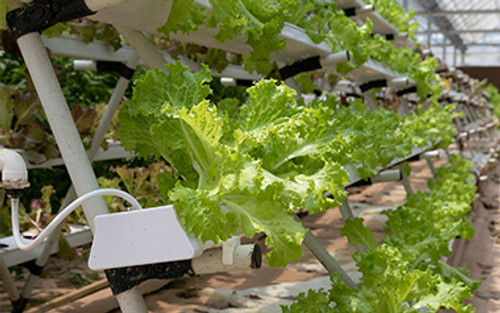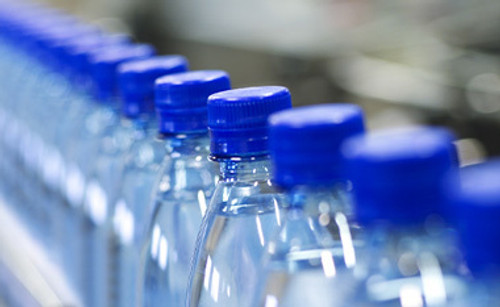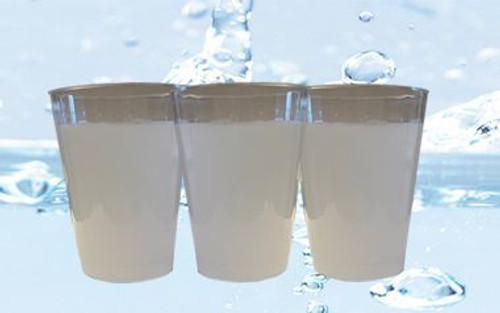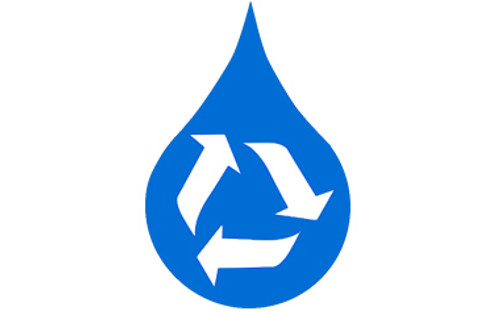What is Hydroponic Filtration?
Most Hydroponics manufacturers recommend the incorporation of some type of filtration process, such as reverse osmosis to produce more acceptable water for use in hydroponics. Reverse osmosis will ensure that your plants will grow at the maximum rate through the provision of the highest quality of water.
The utilization of productive water purification procedures such as water filters and reverse osmosis will provide growers with the tools to produce the maximum level of water quality for the hydroponics process.
How does Reverse Osmosis Help Your Hydroponics?
Reverse osmosis is given its reputation as the most effective water treatment solution with its unmatched performance in removing various types of suspended solids and dissolved materials from water such as bacteria, viruses and other microbiological organisms. RO systems are not just perfect utilizations for Hydroponics, but are applied in many other applications such as industrial processes and the production of consumable water. Part of the process sees the feed water passing through a pressurized semi-permeable membrane and becoming more pure. The membrane must be capable of disallowing the passing of large molecules and ions through its pores, but is possible of allowing smaller molecules of the solvent to pass through.
So in essence, the reverse osmosis process is necessary for the production of clean water through efficient membrane filtration of the feed water. As you are probably starting to see, the basic process is that you are forcing a solution (in this case water) to go through membrane filtration.
The great majority of RO systems that are utilized within Hydroponics come in multiple stages such as:
Stage 1 - Sedimentation process – the stage where all the large organic substances (molecules you can see from the naked eye) that are capable of harming other important filters are filtered from the feed water
Stage 2 - Carbon Filtration process – eradicates out other types of organic molecules and elements such as chlorine
Stage 3 - Hardness Reduction-to protect the reverse osmosis membrane from scaling and fouling
Stage 4 - Semi-Permeable Membrane – the last stage of the membrane filtration process and is the most precise stage since it eliminates the remaining substances that made it past the first two stages
Reverse osmosis is an effective solution to any hydroponics manufacturer, with nutrients being able to be managed and computed for diverse crops and multiplied for consistency. Reverse osmosis is generally a pricey investment, unless it has been formed correctly, which can lead to a quick return on investment.
[custom-specifications]
Hydroponics is a practice of using mineral nutrient solutions in a water solvent to grow plants without the usage of soil. Hydroponics depends on the incorporation of some type of chemically inactive medium to support the root system. The fundamental concept within any hydroponic system is to ensure that the plant root system accumulates enough mineral nutrient solutions from the water, while also acquiring sufficient oxygen, which spurs effective growth.
The quality of water within your hydroponic system is the basis for how well it will perform. This is due to the vast amount of water contained in plants and the important nutrients it carries that creates growth. Plants that absorb higher quality water benefit from it by growing at a faster rate, more healthily, and with less issues during the growth process. In turn, inferior water quality will engender a number of issues during the plant growth problems such as decrease in development, elemental inadequacy symptoms, mineral toxicity, bacterial substances, and accumulation of unwanted matter in plant tissue, etc. For this reason, the quality of water is one of the largest determinants of success or failure of Hydroponics.
[/custom-specifications]
[custom-features]
Recommended systems would be our RO-200, RO-300, RO-400, and RO-500
Can I use tap water for hydroponics?
Yes, it is fine to use tap water for hydroponics if you treat it correctly in advance. However, there are certain steps you should take beforehand in order to make tap water more effective for your hydroponics, such as:
Be sure to leave it in the sun for up to 24 hours if it is chlorinated
Use filters to remove chlorine and chloramine
Try moving it through a purifier or combining in reverse osmosis or distilled water to reduce the concentration if it has a high PPM
What is the best hydroponic system?
There are various kinds of hydroponic systems you can decide to use with really no right or wrong choices. The most effective hydroponic system will be reliant on the type of plant you want to develop and the amount of plants you want to develop. Our engineers recommend to pick and stay with one kind of plant for some time until you become proficient in it before alternating to another one.
[/custom-features]
[custom-usage]
Designed to provide advantages in the reduction of:
-
- Total dissolved solids (TDS)
- Color + Turbidity
- Nitrates
- Sulfates
- Chlorine/Fluoride
- Pesticides + Herbicides + Insecticides
- Sodium + Chloride
- Reduces costs of operations
- Saves energy
- Softens water (tackles hardness)
- Removes bacteria & viruses
[/custom-usage]
For more information please view/download the industry brochure
[custom-documents]
[/custom-documents]
-
Terrific quality content
Learned much about hydroponics water treatment
- Related Project1:
- https://pureaqua.com/water-recycling-system-for-hydroponics-farms-15-gpm-usa/
- Related Project2:
- https://pureaqua.com/high-brackish-ro-plant-10000-gpd-usa/
- Related Project3:
- https://pureaqua.com/duplex-multi-media-filtration-equipment-956160-gpd-kuwait/
- Related Project4:
- pure-aquastencil.mybigcommerce.com/commercial-reverse-osmosis-for-irrigation-15000-gpd-usa/
 ENGLISH
ENGLISH
 ESPAÑOL
ESPAÑOL ???????
??????? PORTUGUÉS
PORTUGUÉS FRANÇAIS
FRANÇAIS


















